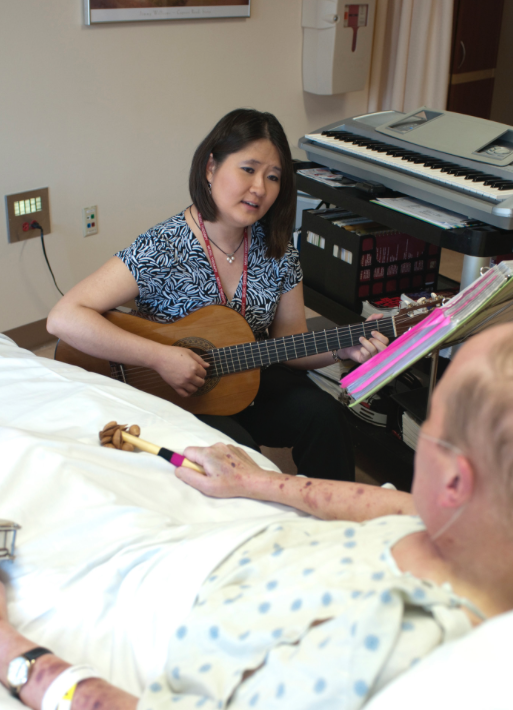The National Endowment for the Arts released a guide in December 2016 to assist and encourage researchers and community arts providers to team up in research pursuits. It has been long-documented and is well-known the benefits of the arts in society, but research on its benefit is often stunted by a lack of partnership between researchers and those who conduct arts education and arts therapies.
What usually happens is one of two things: (1) professional researchers do an excellent study on something that is entirely irrelevant to the community because they have little contact with people outside of an academic setting, or (2) community members attempt to conduct their own research on relevant topics, but lack the knowledge base and resources to do it well. The clear solution to this predicament is to encourage and ensure that the two groups are communicating with each other.
“Community-engaged research…involves a partnership between the researchers and community members, thus ensuring that the research questions hold relevance for community members and that any resulting knowledge is shared quickly and comprehensively.”
Creative Arts Therapies and Arts Education does best when it has the support of the community and society at large. That support is best earned by excellent science showing its efficacy and benefit. It’s the best of both worlds: researchers explore great questions about the multi-faceted uses of the arts, and the arts community gains more support and validity.
Do you work in the arts? Do you work in research? How could you make this partnership happen in your community?
Featured Photo: A music therapist works bedside with a patient in the Cleveland Clinic’s Arts and Medicine Institute. Photo courtesy of the Cleveland Clinic.

